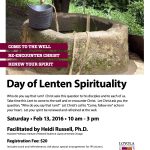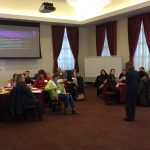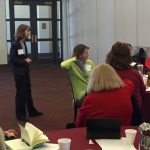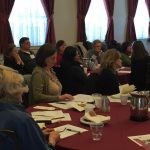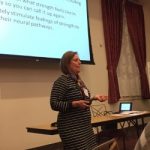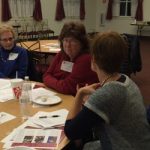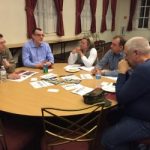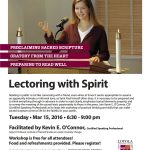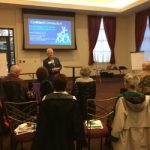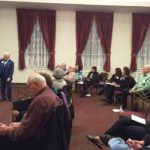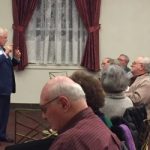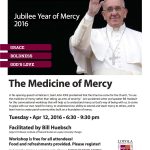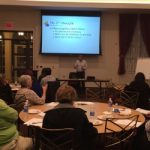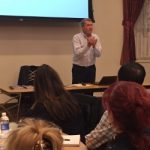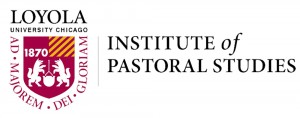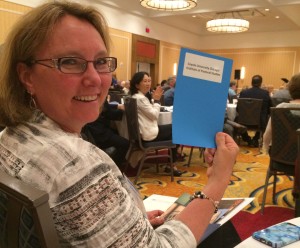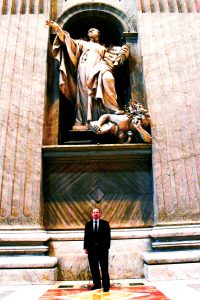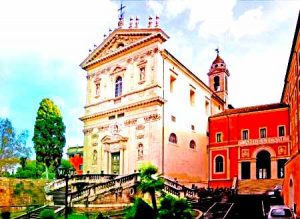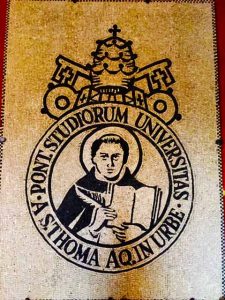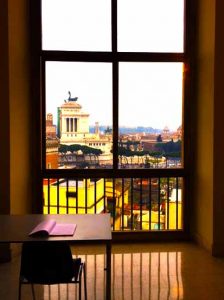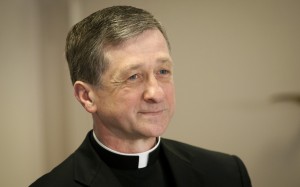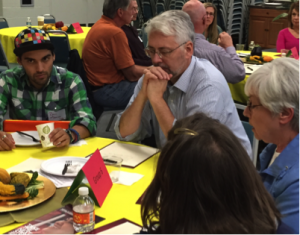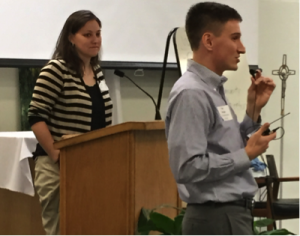This semester in the IPS Foundations of Social Justice course, students began the semester by thinking about what it means to teach and learn. They were challenged to not only think of themselves as students or learners, but also as teachers who will share the knowledge they learn as they practice social justice in their communities. This week we’re featuring some of their reflections on teaching and learning at IPS.
I cannot believe that I am starting this blog post with a confession, but here goes nothing. I’m an over-achieving perfectionist. Why would I start with such a confession? Well, after reading the progressive works of Pablo Freire, Sarah Amsler, bell hooks and Sharon Welch, I realized that while perfectionism could be sometimes seen as such a desirable character trait in academic settings, and in fact it has pushed me in many ways, it has actually been my greatest stumbling block.
In my high school classes and my early years of undergraduate work, I saw the classroom as yet another way to prove, mostly to my insecure self, that I was excellent, hard-working, and, if I applied myself enough, maybe even close to perfect. With this mindset, though, I also thought I would eventually learn something along the way, but the goal of learning never took precedent over the most important goal: the good grade. If I got a good enough grade, then that meant I must have learned something, right? After reading Freire, I realized that, pushed by my perfectionistic tendencies, I lived within, what he calls, the “banking system” of education but had no personal stake or interest in actually being “engaged in a continuous transform,” which Freire claims is “true learning” (33). Who knew that my own fear of failure had kept me from transformation?
Just like for hooks, who speaks of educators in her early educational life that “were on a mission” and impacted how she thought about learning, I feel like I had such encounter once I attended Georgetown. Andria Wisler, my sophomore year Justice and Peace Studies professor, revolutionized my previously held thoughts and feelings toward the goals of a formal education. Operating from a largely Freirian, non-violent educational pedagogy, Andria forced me to fail and be uncomfortable, which was all I needed to actually begin to learn. Hooks claims, “any radical pedagogy must insist that everyone’s presence is acknowledged.” Andria firmly practiced such pedagogy, to my own dismay. My perfectionism, up until this point in the classroom, expressed itself as hiding, keeping my head down, and memorizing in order to regurgitate exactly what the professor emptied into my consciousness, because in previous classes that would give me the best grade. I would never want to participate out of fear that what I had to say would not sound enlightened or would basically be wrong. Well, Andria decided to do things differently. She created a classroom environment in which everyone’s voices were expected to be heard and valued. Essentially, this course began as my worst nightmare but ended as the mark of my first real educational experience.
I did not have to know the ‘right’ answer or any answer at all to have my voice heard. The classroom became a place for me that was defined by failing, or what I began to understand as experimenting, more than it was about achieving unattainable perfection. I fully understand Freire’s claim that “the necessary requirements for correct thinking is a capacity for not being overly convinced of one’s own certitudes.” Through this conversion and transformation process within my education, I now understand the need for people that want to be involved in communal or society change to be open to failing and changing within their own lives. My short time within the MA in Social Justice and Community Development program at Loyola University of Chicago has continued this educational transformation and reinforced my beliefs that hands-on experience and the willingness to fail are the marks of a genuine and committed learner. Welch concludes her first chapter in After the Empire with a quote that speaks to the importance in life and in social justice work of recognizing our own and others’ capacities for being wrong, which I will try to remember during any experience or even the courses I take at Loyola. Welch writes, “I and every person, movement, group and institution that I trust can be deeply, profoundly, tragically wrong.” Through accepting that notion, I am able to think critically and deeply allowing the information I encounter to transform me personally. Freire would probably say that I have finally begun to really learn.
—
Mackensey Carter is a first year dual degree (MSW/ MASJCD) student at Loyola University Chicago. After completing her BA in Theology at Georgetown University, she moved to Chicago to participate in a year of post-grad service through a faith-based program called Amate House. During this year, she worked at parish’s after school program for middle school and high school students in the Mckinley Park neighborhood. She hopes to work specifically with social justice issues relating to racial reconciliation and the prevention of youth violence in the city of Chicago.
